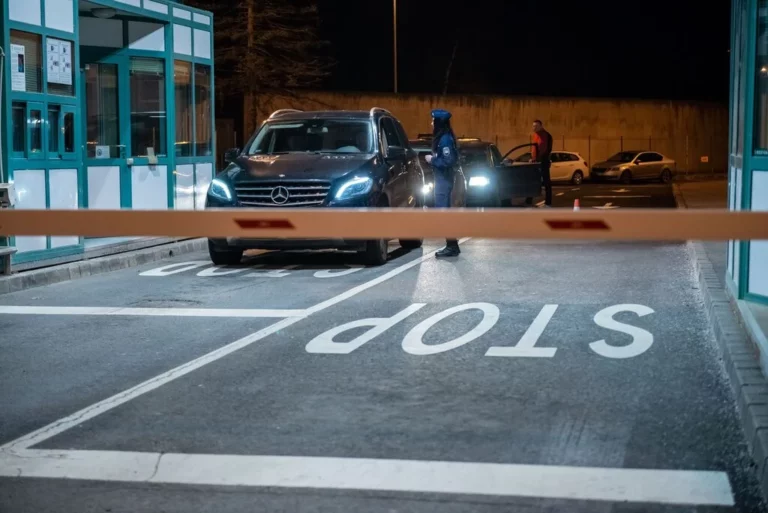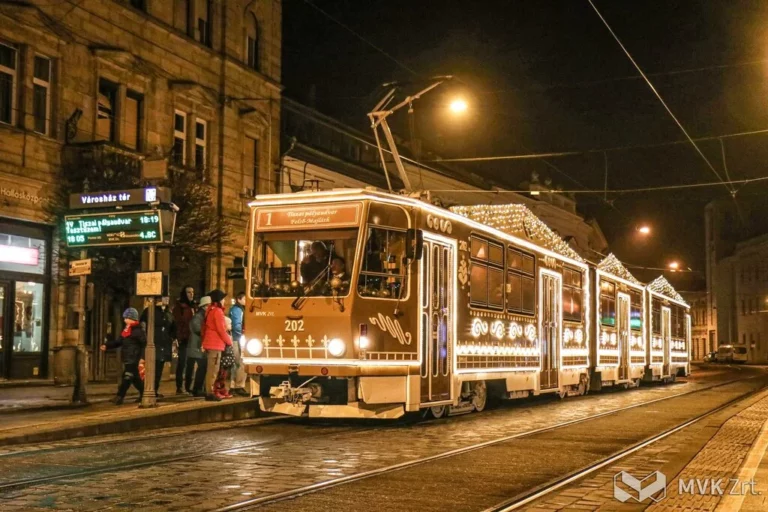The Czech Republic
Commemoration: Hungarian university students, teachers killed by US fighters

Border control will be re-established at these Hungarian border crossings

Hungarian soldiers who fought Nazis commemorated in Czechia

Hungarian-owned weapons company to arm rising Asian power

Eurostat: Hungarian household energy prices are the lowest in EU

Attention motorists: Slovakia temporarily reintroduces border controls at the Slovak-Hungarian border

Grab your suitcase: Trains from Budapest to Prague in every two hours!

V4 European affairs committees adopt joint statement
The European affairs parliamentary committees of Visegrad Group countries meeting in Budapest on Monday "resolutely condemned" the war in Ukraine...
Czech expert: V4 cooperation dying because of Orbán

Orbán government outraged that the Czechs are not afraid of the LGBTQ propaganda

Slovak President fears her country could step onto Orbán’s path

Upcoming tension? New Czech president awaits government change in Hungary

Orbán in trouble? New Czech president would end V4 cooperation

Hungarian President to decorate outgoing Czech President

Orbán welcomes former Czech PM Babis’s acquittal in EU funds fraud case

PHOTOS, VIDEOS: Advent tram of a Hungarian city chosen Europe’s most beautiful

Hungary’s position on the latest CEBR economic ranking revealed

Hungary to produce a lot of small arms





 ZH
ZH IT
IT DE
DE HR
HR NL
NL FR
FR JA
JA RO
RO RU
RU ES
ES TR
TR
